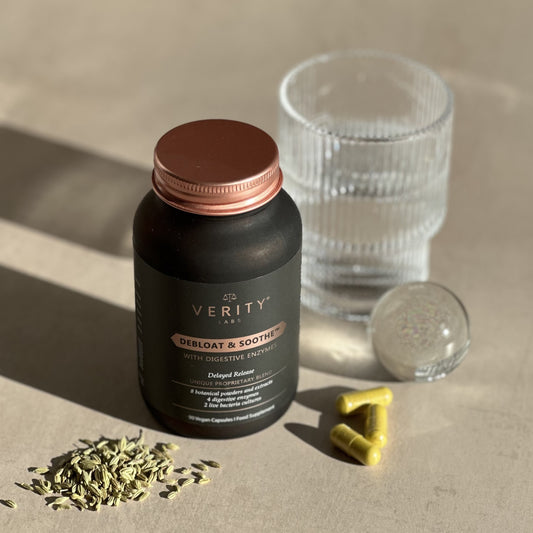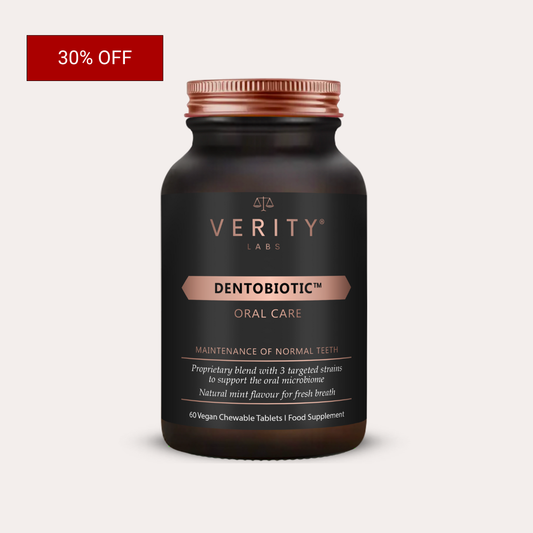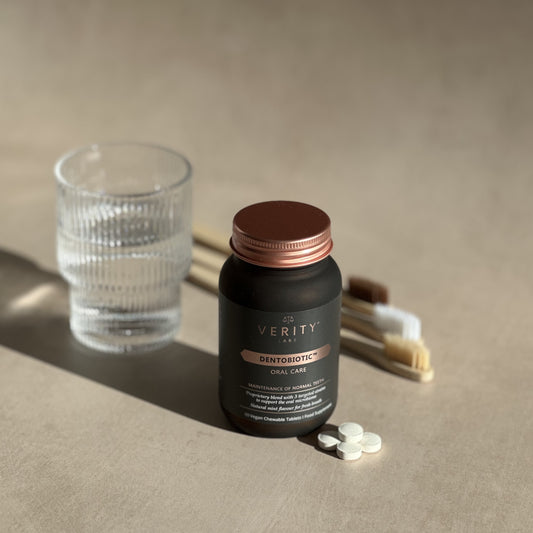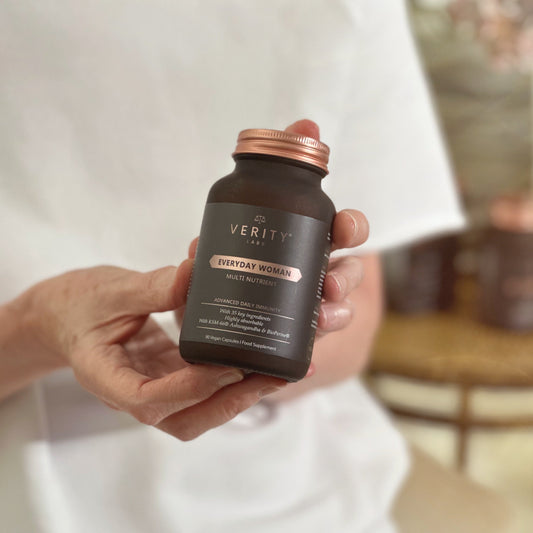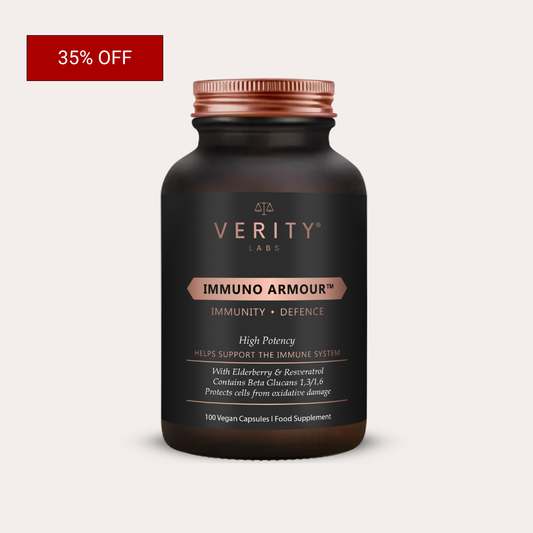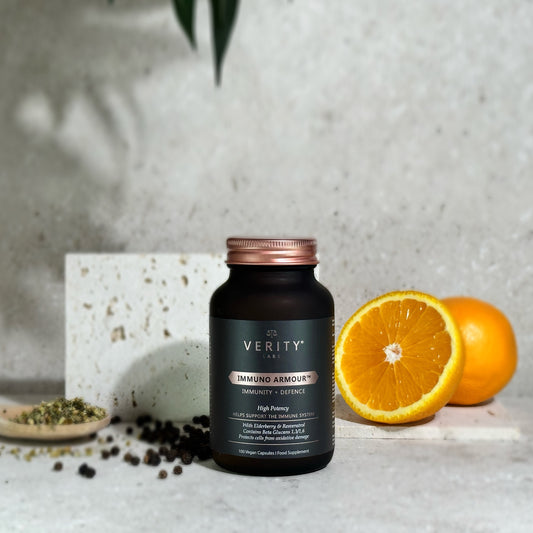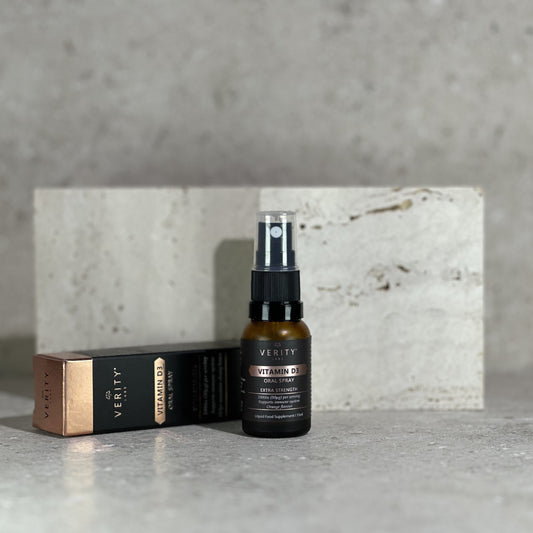Understanding the Oral Microbiome
The oral cavity is home to trillions of bacteria, viruses, and fungi, collectively known as the oral microbiome. While some of these microorganisms are essential for maintaining oral health, others can lead to various dental issues. The delicate balance of the oral microbiome can be easily disrupted, leading to the development of conditions such as periodontitis (gum diseases) and cavities.
Gum Diseases and the Role of Dental Probiotics
Gum diseases, including gingivitis and periodontitis, are prevalent oral health issues that can have far-reaching consequences if left untreated. These conditions often result from an imbalance in the oral microbiome, with harmful bacteria gaining the upper hand. Dental probiotics, containing beneficial strains of bacteria such as Streptococcus salivarius and Lactobacillus salivarius, can help restore this balance.
Research suggests that these probiotics can inhibit the growth of harmful bacteria and promote the production of antimicrobial compounds, reducing inflammation and supporting overall gum health. Regular use of dental probiotics may prove to be an effective preventive measure against gum diseases, providing a natural and holistic approach to oral care.
Cavities and Caries Prevention

Cavities, or dental caries, occur when harmful bacteria in the mouth produce acids that erode the tooth enamel. This process, if not addressed, can lead to the formation of cavities and eventual tooth decay. Dental probiotics contribute to cavity prevention by promoting a healthy balance of bacteria in the oral microbiome.
Certain probiotic strains, such as Streptococcus salivarius, have been shown to produce substances that inhibit the growth of cavity-causing bacteria like Streptococcus mutans. By crowding out the harmful bacteria and creating an environment unfavourable for their growth, dental probiotics act as a natural defence mechanism against cavities.
Maintaining a Balanced Microbiome
The key to optimal oral health lies in maintaining a balanced oral microbiome. Dental probiotics work by introducing beneficial bacteria into the mouth, enhancing the natural defence mechanisms against harmful microbes. These probiotics can also help reduce the acidity of saliva, creating an environment that is less conducive to the growth of cavity-causing bacteria.
A well-balanced oral microbiome not only promotes gum health and prevents cavities but also contributes to fresher breath. By fostering an environment where harmful bacteria struggle to thrive, dental probiotics provide a holistic approach to oral care that goes beyond conventional practices like brushing and flossing.
Incorporating Dental Probiotics into Your Daily Routine
Adding dental probiotics to your daily oral hygiene routine is a simple and effective way to support the health of your teeth and gums. Probiotic-rich foods, such as yogurt, kefir, and fermented vegetables, can be included in your diet to promote a healthy oral microbiome from the inside out. While probiotics naturally occur in foods, opting for a supplement provides a convenient and potent means to attain a higher dosage. These types of specialised oral probiotic supplements are specifically formulated to target the unique conditions of the oral cavity.
Choosing Best Oral Probiotics
When selecting dental probiotics, it's essential to choose products that contain strains proven to be effective in promoting oral health. Streptococcus salivarius, Lactobacillus salivarius, and Lactobacillus Plantarum are among the strains commonly associated with oral health benefits.
Additionally, the oral probiotics that contain L-Lysine are a great choice. Lysine is an amino acid essential for the integrity and continuous renewal of dentally attached epithelium acting as a barrier to microbial products. Unless removed regularly by oral hygiene, bacterial products invade the lysine-deprived dental attachment where they stimulate inflammation that enhances GCF exudation (an inflammatory exudate derived from the periodontal tissues). L-Lysine is necessary to keep the dental epithelial attachment sealed from bacterial products.
It is preferable to choose probiotics that contain vitamin D and zinc. Vitamin D supports healthy teeth and gums whilst zinc protects the teeth enamel.
As our understanding of the oral microbiome deepens, the importance of maintaining a balanced ecosystem becomes increasingly evident. Dental probiotics offer a natural and proactive approach to oral care, addressing the root causes of gum diseases and cavities by promoting a healthy microbial balance.
Incorporating dental probiotics into your daily routine, whether through diet or specialised supplements, can contribute to a healthier smile and overall well-being. As a complement to regular oral hygiene practices, the benefits of dental probiotics extend beyond the prevention of dental issues, encompassing a holistic approach to oral health that supports the intricate ecosystem within your mouth. Embrace the power of dental probiotics and unlock the potential for a brighter, healthier, and more confident smile.
References:
https://www.ncbi.nlm.nih.gov/pmc/articles/PMC5537870/
https://www.ncbi.nlm.nih.gov/pmc/articles/PMC6555362/#:~:text=Gingival%20crevicular%20fluid%20(GCF)%20is,directed%20against%20dental%20plaque%20bacteria
https://balanceone.com/blogs/news/lactobacillus-salivarius
https://www.ncbi.nlm.nih.gov/pmc/articles/PMC8198195/#:~:text=Lysine%20is%20an%20amino%20acid,inflammation%20that%20enhances%20GCF%20exudation/
https://pubmed.ncbi.nlm.nih.gov/29444418/
https://www.ncbi.nlm.nih.gov/pmc/articles/PMC2897872/
https://pubmed.ncbi.nlm.nih.gov/37765121/
https://www.researchgate.net/publication/373996586_The_Benefits_of_Probiotics_on_Oral_Health_Systematic_Review_of_the_Literature
https://www.japsonline.com/admin/php/uploads/713_pdf.pdf





